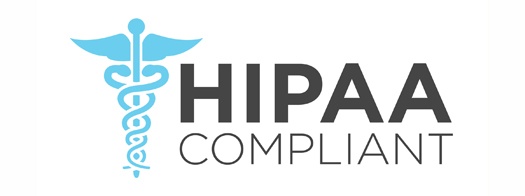
As social services has expanded beyond the single practitioner trying to make a difference, social workers are called upon to share client information with colleagues to facilitate coordination of services.
THE ETHICS
For example:- Hospital social workers often need to share information with nursing home workers after an elderly patient is discharged.
- A school social worker might be asked to share information with a community based therapist.
- A prison social worker is often required to share information with drug treatment program workers outside the prison.
- Military social workers commonly share information with VA counselors.
Since 1960, social workers have faithfully abided by the NASW Code of Ethics that required every social worker to “Respect the privacy of the people they serve.”
However, the escalating coordination of services and the attendant sharing of client information requires a deeper understanding of privacy, confidentiality, and privileged communication. Also, the proliferation of laws and regulations meant to protect the confidentiality of client information puts greater pressure on social workers to exercise extreme discretion when sharing client information with colleagues.
THE LAW
Since the passage of the first HIPAA regulations in 1996, the federal government has added a variety of new laws meant to protect client privacy.- The “Confidentiality of Alcohol and Drug Abuse Patient Records,” Title 42, Code of Federal Regulations came soon after HIPAA, and the HITECH Act was passed in 2009 to stimulate the adoption of electronic health records. Confidentiality breaches now face more serious penalties given modifications to both the HIPAA Privacy and Security Rules following publication of final rule provisions of the HITECH Act.
- School social workers must comply with the Family Educational Rights and Privacy Act (FERPA, Title 34 of the Code of Federal Regulations).
- Military social workers must comply with the U.S. Code of Military Justice and the Military Rules of Evidence.
- Social workers employed by the VA must comply with the Federal Privacy Act and HIPAA, among other guidelines.
- And then there are diverse state laws concerning protection of health-related information, minors’ confidentiality, confidentiality of information related to HIV/AIDS, and social work licensing board laws and regulations pertaining to the management of confidential and privileged information.
THE PROBLEM
If social workers are frightened that they will violate some statue or ethical standard every time they are asked to share client information with a colleague, they will be far less likely to cooperate in the coordination patient care and feel at ease in their professional practice.THE SOLUTION
In a valuable document called, “Health-information Sharing for Collaboration among Agencies,” Bazelon Center staffers suggest professionals might allay fear in their daily practice by keeping the following key principles somewhere handy for daily review:- Health care information in the record belongs to the person.
- Consent should be sought, in writing, to share personal health information.
- Individual should be allowed to revoke their consent at any time.
- The health record that is shared should contain the minimum amount of information needed for the purpose.
- Information should be shared only with those who need to know, and only what they need to know should be shared.
- Privacy policies should be explained to the individual in language and form that is understandable to the person.
- Policies on sharing information with other parties should be clearly explained, including why the information will be shared.
- Individuals should be allowed to see their personal health information if they choose and should be allowed to correct the record. (Social Work Today, Eye on Ethics, Frederic G. Reamer, PhD)
Keeping these principles in mind during your daily practice should lessen the intimidating complexity of current confidentiality statutes, regulations, case law, and agency policies.
At GVT - we've taken into consideration important security aspects of information sharing with our Visions Server platform. As a result, software systems like FAMCare and ClinicalPURSUIT help agencies become and remain HIPAA compliant.

